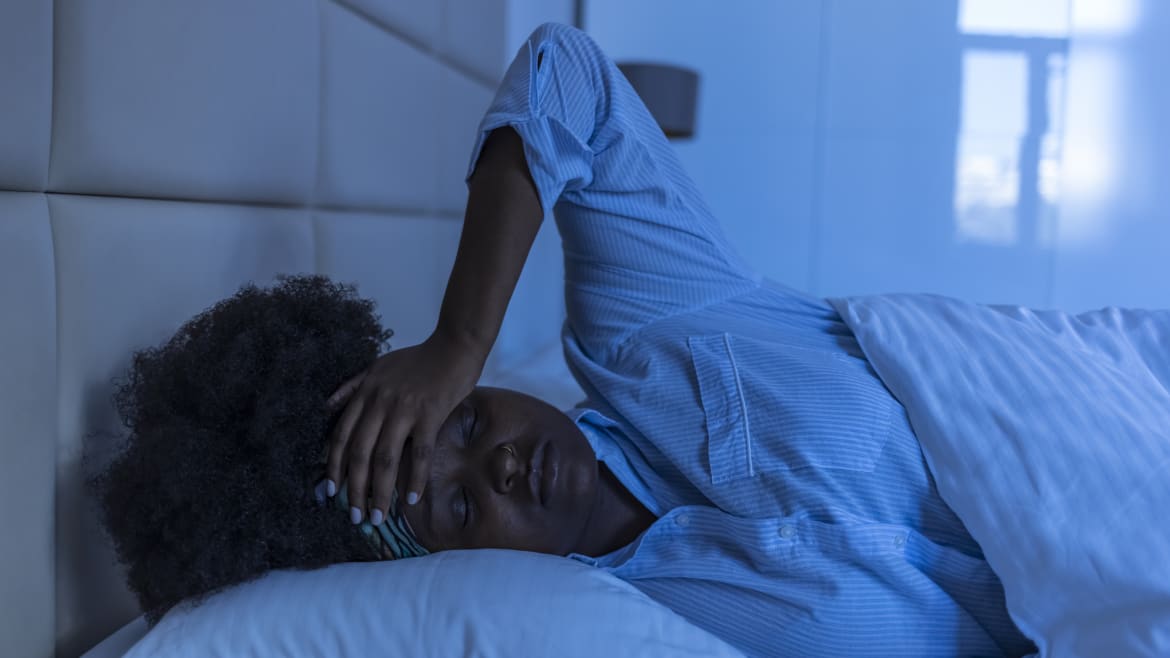ljubaphoto via Getty
Add it to the long list of reasons to loathe daylight savings time: New research found that Americans were measurably less altruistic when they set their clocks forward an hour, potentially due to a lack of restful sleep. The study linked sleep to altruism outside of DST too—raising intriguing questions about the nature of helpful behavior.
The study, which was published on Tuesday in the journal PLoS Biology, detailed results from three trials that measured altruism in different ways. University of California, Berkeley sleep scientists first measured 23 individuals’ willingness to help both strangers and people they knew after restful and disrupted sleep. The researchers found that just one night of sleep deprivation was linked to a reduction in the participants’ desire to help others.
Next, the UC Berkeley team had 136 people self-report the duration and quality of their sleep for four days, and also answer questionnaires about their daily capacity for altruism. The people who reported worse sleep quality scored significantly lower on the helpfulness questionnaires.
Got a tip? Send it to The Daily Beast here

